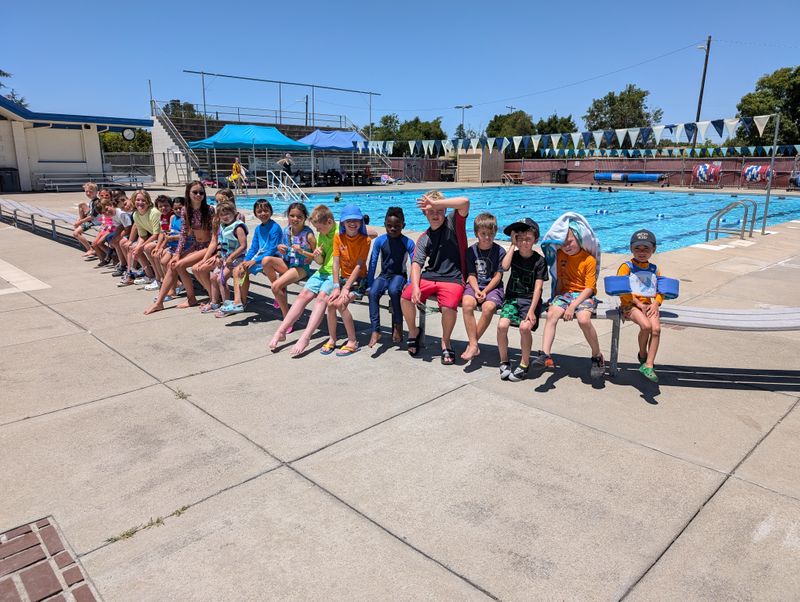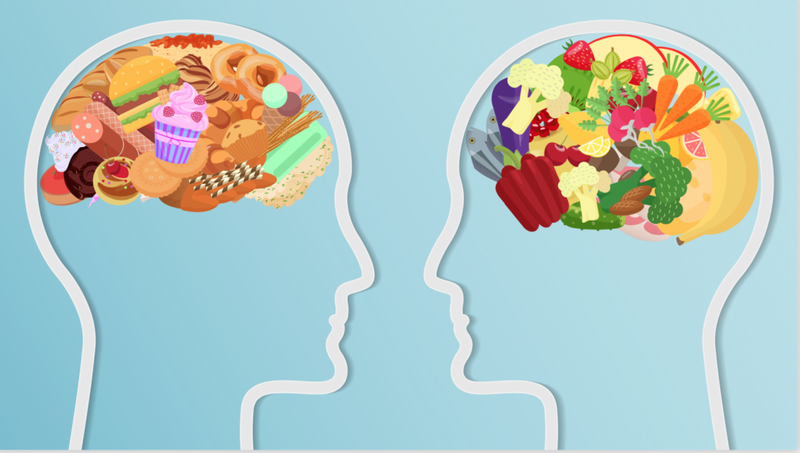Blog
Recent Updates
How to Prepare Your Child for the First Day of Private School
Preparing your child for their first day at a new school, especially a private one, can be an exciting but nervous time for everyone involved. As a school dedicated to nurturing young minds, Livermore Valley Academy understands the importance of a smooth transition. Our approach is designed to make every student feel welcome and confident from day one.
moreTips for Parents Who Work Late
For families in Livermore, Calilfornia, managing a busy work schedule while ensuring children are engaged and supported after school is a significant challenge. At Livermore Valley Academy, we understand the unique demands placed on working parents and are committed to providing a safe, enriching, and productive environment for students once the final bell rings. It’s about more than just supervision; it’s about providing a space for growth and opportunity.
moreCelebrating Excellence: Livermore Valley Academy Earns Cognia Accreditation
Livermore Valley Academy, a renowned educational institution in Livermore, CA, has recently achieved a significant milestone by earning accreditation from Cognia®, a prestigious nonprofit organization dedicated to ensuring quality assurance in education. This achievement marks a new chapter in the academy’s journey toward excellence in education.
moreThe Summer Slide: Why Extended Year Learning is the Ultimate Summer Power-Up!
Ms. Hernandez
We all look forward to summer—no school, long days, and endless fun, right? But here’s a secret: while you're chilling by the pool or mastering video games, your brain might be taking a little vacation too. Ever heard of the summer slide? Nope, not the water kind—this is the kind of slide that happens when students do little to no academics during the summer. Let me break it down and show you why keeping your brain in shape can be just as fun as those summer activities!
What’s the Summer Slide?
The summer slide is when students lose some of the knowledge they gained during the school year because they’re not engaging in academic activities over the break. Research has shown that students who don’t practice what they’ve learned can lose up to two months' worth of reading skills and two-and-a-half months' worth of math skills! That means you might need to play catch-up when school starts again in the fall. (Yikes, right?)
A study from the NWEA (Northwest Evaluation Association) highlights that students typically score lower on standardized tests at the end of summer vacation than they do on the same tests taken at the beginning of summer. Imagine leveling up in a game only to be sent back two levels just because you didn’t play for a while! Not so fun.
moreFueling the Mind: Why Nutrition is the Secret Weapon for Your Child's Classroom Success
Ms. Hernandez
Let’s be real for a moment: when it comes to kids and focus, we know that half the battle is keeping them on track, especially when there are distractions as plentiful as TikTok dances and snack breaks. But did you know that what they eat could be secretly sabotaging their concentration in the classroom? That’s right! Those neon-colored snacks and heavily processed foods might be wreaking havoc on their attention spans.
Processed Foods and Dyes: What’s Really Going On?
We all know the appeal of processed foods: they’re convenient, colorful, and let’s be honest, they make grocery shopping a whole lot faster. But here’s where the fun stops. These foods, filled with artificial dyes and preservatives, have been linked to attention issues and behavioral challenges in students. Studies have shown that certain food dyes (like Red 40 and Yellow 5) and additives can contribute to hyperactivity and make it harder for kids to focus, especially those already dealing with ADHD. These ingredients interfere with neurotransmitters, which are key for processing information and maintaining focus.
more




